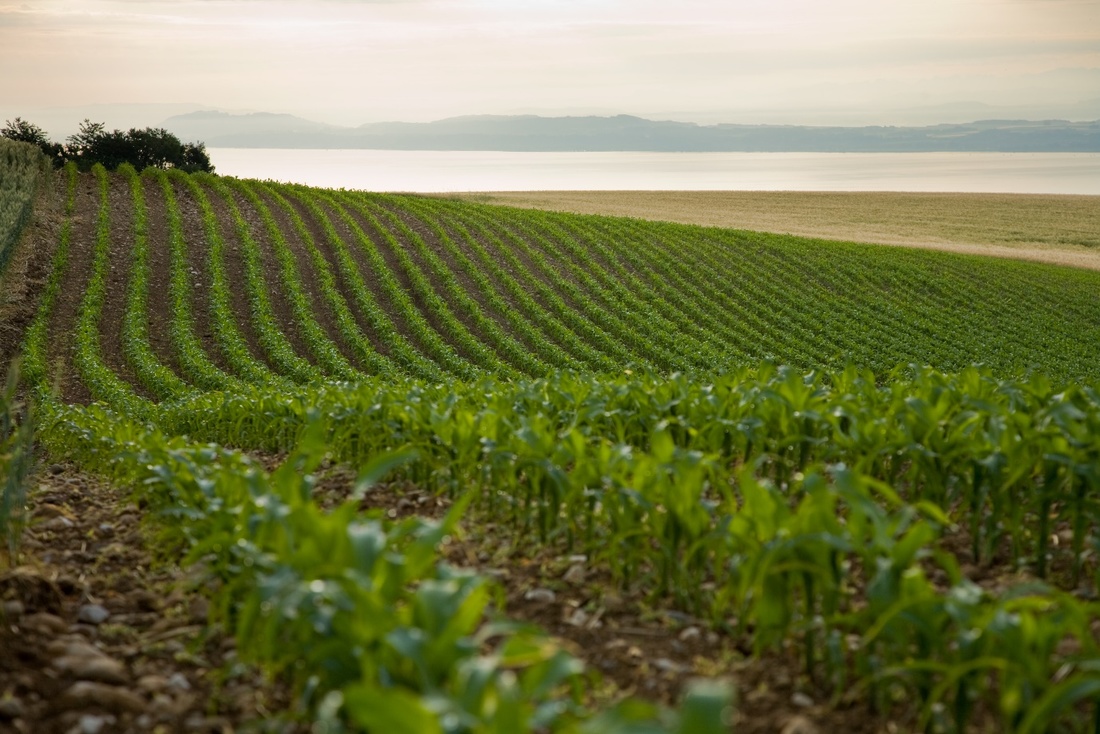
Agricultural Law and Agriculture Firms
Much American agriculture legislation came into existence from the mid-1980s with varied ramifications for manufacturers, distributors, and producers of agricultural goods.
Agricultural legislation has a lengthy history in the USA and is frequently changing to tackle agricultural wants and revolutions in technology. This chapter has endeavored to offer the reader a general summary of the laws and policies related to US agriculture, so the reader should conduct a comprehensive evaluation of the legislation to understand how it applies to their particular conditions. What's more, the reader has to be cautious to make sure he or she's reviewing the latest laws in this region and should note any of the individual 50 states might have added law on any subject matter.
In regards to global agricultural legislation, the United States is a party to several international agricultural businesses.
The Role of Agricultural Laws
U.S. agricultural legislation serve lots of functions. One is making sure that food and fiber products are made and distributed in a manner that fulfills the requirements of American men and women. This sort of law makes sure that shortages and surpluses of agricultural goods are kept in check and do not influence the wellbeing of Americans or the market.
The 10th Amendment of the U.S. Constitution forms the foundation of several agriculture and farming legislation. This modification gives countries the right to pass people security laws. Through time courts have mastered the creation of fiber, and food falls under this umbrella.
Assessing the rights of farmworkers is just another tenant of agriculture legislation. The federal Migrant and Seasonal Agricultural Worker Protection Act, for example, provides financial aid to farmers for building and renovating employees' homes on their farms.
Agricultural Laws and the Environment
Many agriculture legislation was made to defend the environment. It requires that ecological importance evaluates on all national projects such as dams and canals for agricultural irrigation.
Under NEPA, jobs believed to influence the environment need an environmental impact statement (EIS). An EIS includes a description of this job and its function, potential alternatives to the undertaking, and a projection of how each one of these alternatives will influence the surroundings. The EIS is subsequently presented to the public for comment, and a final EIS is published before work can start on the job.
Another significant environmental agriculture law would be that the Clean Water Act (CWA). The objective of this CWA is to safeguard the physical, biological, and chemical integrity of U.S. waterways. It requires licenses to release pollution into navigable waters. The CWA also regulates source pollution made by agricultural run-off from pesticides and fertilizers.
FIFRA regulates the use, sale, and production of substances used for the management of agricultural pests. FIFRA also needs and regulates the labeling of pesticides sold in the USA.

Voluntary Agricultural Conservation Programs
Congress has also financed several voluntary programs that encourage conservation and improved management and planning of agricultural lands.
-- The WRP provides agricultural manufacturers financial and technical aid for safeguarding and protecting wetlands on their farms. It generates conservation easements of 10-year, 30-year or indefinite durations through which the registered land is protected and improved because of a natural wetland. This program gets control via the Natural Resources Conservation Service.
-- The CRP is handled through the Farm Service Agency. It's most worried about reducing soil erosion brought on by agricultural activities. Producers who willingly enter this program register their territory to get a 10- to the 15-year interval where they receive monetary reimbursement for taking land from production to reduce soil loss, enhancing water quality, and improving habitats for wildlife.
-- The CSP also provides financial and technical aid to farmers that enact steps to conserve soil, water, wildlife, energy, and vegetation in their lands. The CSP has been operated by the NRCS.
-- EQIP is just another program administered by the NRCS. It provides cost-share monetary grants to agricultural landowners for property management practices such as the installation of wells, irrigation and livestock watering facilities, facilities for pest control, and various functions.
Speak to a Knowledgeable Agriculture Attorney Today
The following guide is meant to be informative and helpful. But common legal issues can get complicated and stressful. An experienced agriculture attorney can address your specific legal needs, clarify the law, and represent you in court. Take the first step today, and get in touch with a local farming lawyer to talk about your particular legal situation.
Acquisition of agricultural Businesses
Although not specific to agriculture, the US has created a committee to examine overseas investments in domestic firms (Committee on Foreign Investment in the USA (CFIUS)). Several US regulations combine to make CFIUS.
The aforementioned laws are further enforced by the principles at 31 C.F.R. Section 800 et seq.
If foreign exchange is subject to CFIUS approval, the parties submit a voluntary note to CFIUS. But, CFIUS can review trades under its authority even if no notice is filed. Upon receipt, the Staff Chairperson affirms the note fulfills the regulatory notice requirements and if that's the case, circulates the note to another CFIUS member tripping the beginning of a 30-day inspection period. CFIUS subsequently reviews the trade to determine whether it poses some national-security concerns. CFIUS can ask for additional information, initiate a second evaluation, or refer the trade to the President at its discretion, all of which expand CFIUS' inspection period.
If CFIUS decides that the transaction doesn't pose any dangers to domestic security, it is going to notify the parties which CFIUS has completed its evaluation and the parties get a"safe harbor" for your trade. If CFIUS decides that the trade poses national-security dangers that aren't satisfactorily addressed by other legislation or jurisdiction, CFIUS can elect to enter into an arrangement with or impose terms on the trade.
Besides this CFIUS acceptance, numerous exemptions need information-gathering and disclosure concerning foreign investment in national firms.
Under this legislation, the President was directed to perform a poll on overseas investment every five decades and issue findings in the survey to be used by the general public and overseas bureaus.
The Agricultural Foreign Investment Disclosure Act of 1978 involves a foreign person obtaining an interest in agricultural land to report that the transferor purchase into the Secretary of Agriculture over 90 days (7 U.S.C. §§ 3501 et seq).
